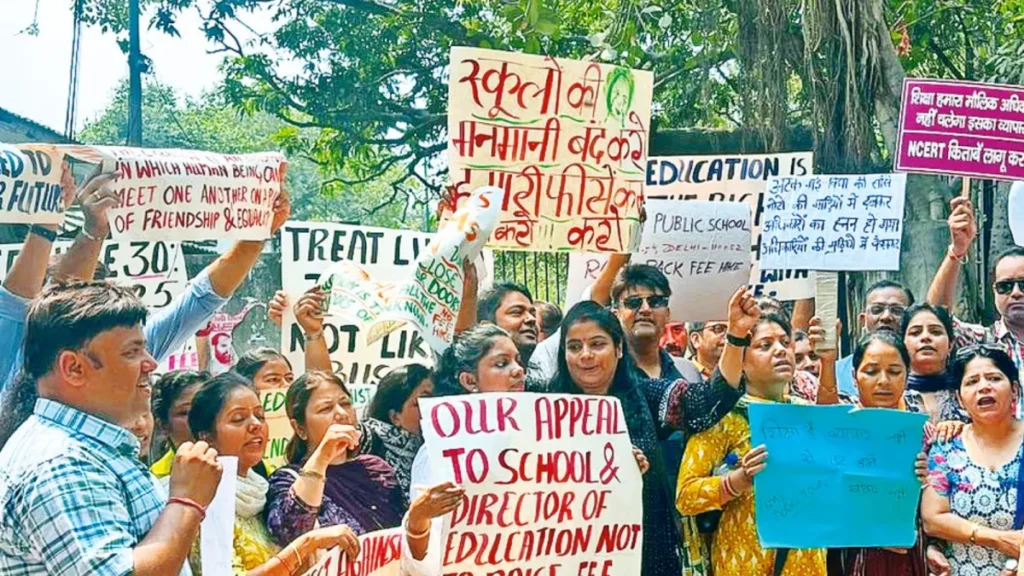Now Reading: Peer Pressure After College: It Doesn’t End, It Just Changes Shape
-
01
Peer Pressure After College: It Doesn’t End, It Just Changes Shape
Peer Pressure After College: It Doesn’t End, It Just Changes Shape

College life often brings its own brand of peer pressure—what to wear, where to hang out, how to be seen. But many believe that once graduation is done, this pressure disappears. That’s not true. It simply shifts. In adult life, peer pressure becomes subtler, more layered, and in some ways, even more intense.
The New Benchmarks
After college, it’s no longer about fitting into a friend circle. It’s about matching someone’s salary, owning what they own, travelling where they travel, or hitting life milestones on time—like getting married by 28 or buying a flat before 30.
Instead of hostel gossip, now it’s LinkedIn updates and Instagram stories that quietly spark comparison.
Financial Pressure in Smaller Cities
In Tier 2 cities like Indore, Nagpur, or Kanpur, peer pressure plays out in unique ways. You might be expected to settle quickly, take up a “secure” job, or invest in property even if you’re not ready. The moment one friend gets a car or books a wedding venue, there’s unspoken pressure on others to keep pace.
This isn’t just about money—it’s about perceived stability and success.
The Social Media Effect
Unlike college, where pressure was immediate and in-person, adult peer pressure is now broadcasted. Social media has made it easy to share wins and hide struggles. One friend’s Europe trip might be the highlight of your feed, but what doesn’t show up is the EMI or credit card debt behind it.
It creates an environment where everyone’s trying to catch up with a version of success that may not even be real.
Relationships and Life Choices
Marriage, kids, promotions—everything is a timeline now. And when one person takes a step, the rest feel nudged, even if it’s not their path yet. This quiet race can lead to choices made out of pressure, not readiness.
For women especially, the pressure doubles—balancing career, marriage expectations, and family opinions.
So What’s the Way Out?
The only real way to handle adult peer pressure is awareness. Recognizing that everyone’s journey is different. There’s no fixed deadline to achieve life goals. It’s okay to move at your own pace—even if it looks slower on the outside.
Talk about it, be honest with yourself, and set your own standards—not borrowed ones.
Conclusion
Peer pressure doesn’t disappear with age—it matures. It wears formals, posts filtered success, and speaks softly. But its impact is still loud. The key is to know when you’re being influenced, and more importantly, whether it’s worth following.

























